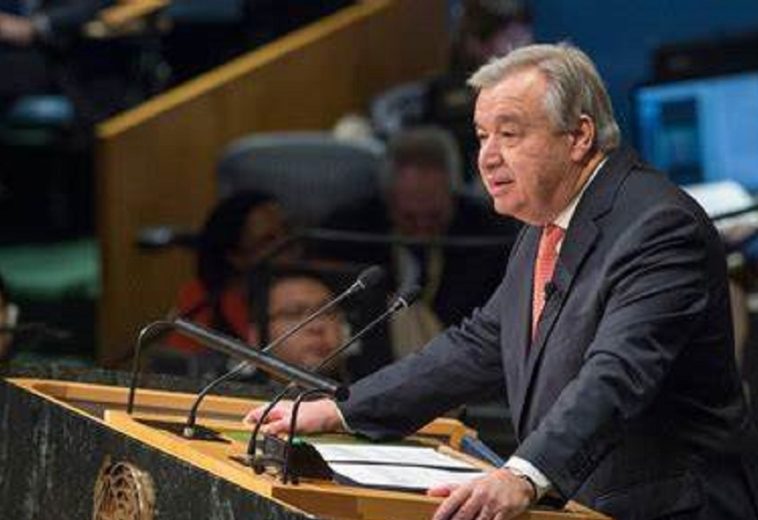Africa is at a critical juncture where the effects of climate change threaten to undermine the continent’s security achievements. While significant progress has been made in conflict resolution and peacebuilding, climate change is emerging as a catalyst for new conflicts, risking a return to instability across the continent.
Climate change is a serious global issue, attracting attention and responses at the highest levels. In 2021/2022, global climate finance reached an annual average of USD 1.3 trillion, compared to USD 653 billion in 2019/2020. Yet, despite Africa being at the greatest risk of climate-related conflict and violence, it remains the least recipient of this finance.
The effects of climate change in Africa act as a threat multiplier, exacerbating existing challenges in economic, food, health, environmental, and political security. Natural disasters such as floods, droughts, and disease outbreaks are becoming more frequent, reducing access to water, food, and essential services. This has driven both human and animal migration, disrupting ecosystems and biodiversity, and intensifying competition over dwindling resources. The United Nations projects that climate change could displace up to 200 million people by 2050, further increasing tensions and conflicts across Africa.
In Sub-Saharan Africa, agricultural productivity is under threat due to changing weather patterns, forcing farmers and communities to compete over limited resources. Sudan is a prime example, where droughts and erratic rainfall have been linked to violent clashes between pastoralists and farmers. A similar scenario exists in Nigeria, where herders and farmers frequently clash over access to land and water.
Rising temperatures are also likely to lead to civil unrest, particularly in regions with pre-existing grievances and weak governance. When national and local policies fail to address these tensions, and do not implement effective mediation and dispute resolution mechanisms, especially among vulnerable and marginalised groups, climate change exacerbates the situation. Depleting natural resources and the destruction of traditional livelihoods drive some to resort to armed conflict or terrorism in a bid to secure resources.
Environmental degradation caused by climate change also acts as a catalyst for unrest and migration. The Internal Displacement Monitoring Centre (IDMC) reported that over 23 million people were displaced by climate-related events in 2021 alone. This mass movement puts pressure on receiving countries and strains border security, as both innocent and criminal elements migrate, often bringing instability to their new environments.
Regions such as North Africa, East Africa, and Central Africa are particularly vulnerable, as ongoing conflicts, economic challenges, and climate change converge. Mass migrations driven by competition for resources such as water and food destabilise neighbouring countries, often leading to ethnic tensions and xenophobic violence.
Addressing the climate change challenge in Africa requires international and regional cooperation. Although Africa contributes the least to global carbon emissions, it bears the brunt of climate change’s effects. Therefore, the continent needs increased international attention and a greater share of climate finance to address these impacts effectively.
READ ALSO: Currency Convergence: The Case for a Unified African Monetary System
Sustainable agricultural practices, water conservation technologies, and effective conflict resolution mechanisms are crucial for adapting to the changing environment. Education and awareness campaigns on climate change are equally important in fostering cooperation, promoting dialogue, and building trust among diverse communities.
It is essential to integrate climate considerations into national security strategies to anticipate and prevent future conflicts. Innovative funding mechanisms, such as climate adaptation funds, are needed to protect vulnerable populations, manage migration, and promote sustainable development.
By fostering international collaboration, investing in sustainable solutions, and prioritising resilience-building efforts, Africa can mitigate the security and migration challenges posed by climate change. The intersection of climate change and security is not merely an environmental issue but a matter of global stability, requiring collective action and commitment.




